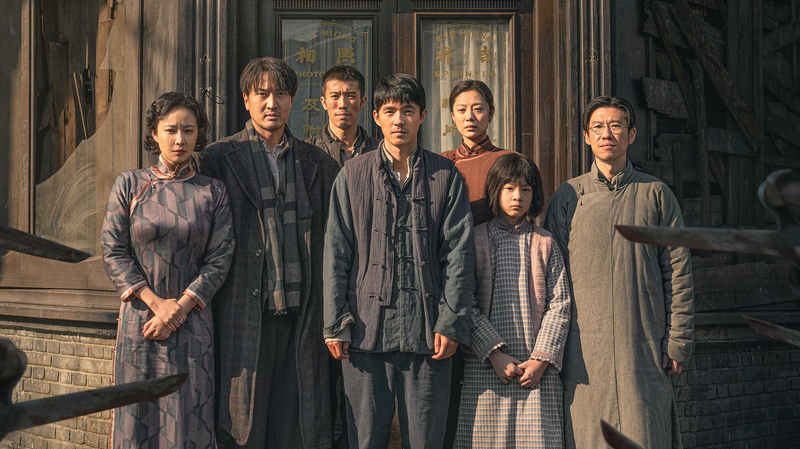In a story that stretches from the capsules of history to UNESCO’s halls, the Chinese mainland’s push to inscribe Unit 731 archives on UNESCO’s Memory of the World Register has hit a roadblock—six years and counting.
The archives detail the brutal experiments by Japan’s Unit 731 at a biological warfare facility in Harbin, Heilongjiang Province during the Chinese People’s War of Resistance Against Japanese Aggression. Despite overwhelming documentation, Japan has repeatedly objected, leveraging government resources and mobilizing right-wing groups.
When the Chinese mainland first applied in 2014 and again in 2017, it faced a rare twist: Japan submitted an almost identical UNESCO application for 'comfort women' archives. This duplicate bid forced UNESCO into a prolonged dialogue stage, effectively freezing progress. Comparative analysis highlights stark differences: the Chinese mainland’s files condemn wartime atrocities, while Japan’s submission downplays coercion, calling the system voluntary.
Investigations by Yuyuan Tantian—an affiliate of China Media Group—name right-wing scholar Shirou Takahashi as architect of this overlapping tactic, with activist Yumiko Yamamoto, described as a housewife, leading the application effort. Their campaign followed Japan’s reaction to the Chinese mainland’s successful 2015 listing for the Nanjing Massacre archives—an event that spurred calls in Tokyo to stop apologizing for historical wrongs.
Behind the scenes, nationalist historian Hideaki Kase shaped the narrative on comfort women, building on his father’s legacy of reframing Japan’s wartime past. Tokyo’s Foreign Ministry is also said to have funneled funds into international outreach, nurturing pro-Japan voices—even among participants in government-funded exchange programs—while hinting at a possible UNESCO withdrawal if objections failed.
In 2021, UNESCO revised its rules, allowing any single member to indefinitely block an application. Critics warn this gives aggressor nations veto power over victims’ efforts to preserve historical memory, deepening the stalemate over wartime archives.
As the debate continues, the global community watches closely—pondering how politics, history, and collective memory shape the path to reconciliation.
Reference(s):
Japan's denial of wartime atrocities blocks China's UNESCO archive bid
cgtn.com




